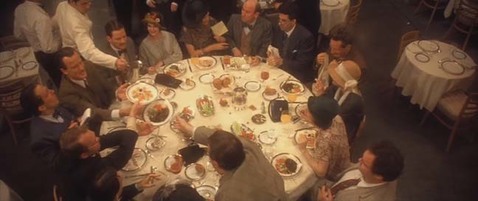 Alan Rudolph's Mrs. Parker and The Vicious Circle tells the story of acclaimed writer Dorothy Parker, a 1920s poet and writer who was one of the primary memebers of the Algonquin Round Table, a circle of intellectual artists in writing and stage who drank profusely during the prohibition era. A relatively unique biopic, Alan Rudolph routinely jumps between the dense narrative, shot in color, and Mrs. Parker alone in black-and-white, reciting her work in voice-over, which typically mirrors much of what Parker is experiencing beneath the surface of the narrative. Mrs. Parker and The Vicious Circle contrasts Dorothy Parker's personal and creative lives, offering up a tragic portrait of depression and cynicism. Following her relationships with various members of the Algonquin Round Table, the film captures the loneliness and despair that begins to consume Mrs. Parker, a woman who simply can't find happiness in a world of back-stabbing, out-for-themselves type of characters. In a way, Mrs. Parker and The Vicious Circle is one of the most interesting commentaries on Hollywood and Intellectualism as a whole, examining how enlightenment, intelligence, and creativity can breed a sense of entitlement and selfishness, something which led Dorothy Parker down the path of alcoholism and deep-rooted cynicism. Alan Rudolph remains one of the most underrated American filmmakers ever, and Mrs. Parker and the Vicious Circle is just another great example of this fact, as he beautifully uses this period piece setting to juxtapose the elegance of these creatives wiith he underlying despair and selfishness that runs rampant in the Algonquin Round Table. Rudolph's direction really stood out to me in this film, as he shows a great sense of shot selection, using his camera and choice of compositions to subtly direct the eyes of the viewer towards the underlying depth in each scene. While i'd argue that the narrative of this film is uncomfortably dense at times, Mrs. Parker and The Vicious Circle is a impressive film none-the-less, thanks to the career defining performance of Jennifer Jason Leigh as Dorothy Parker, as well as Rudoph's impressive direction, which together offer up a potent portrait of sadness, despair, and cynicism which lurked behind the curtain of the wity, misunderstood artist Dorothy Parker.
0 Comments
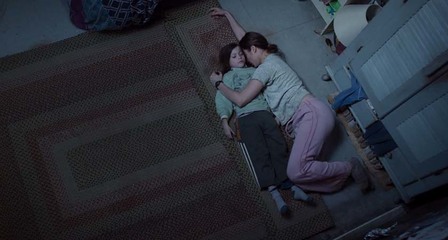 Let me start off by saying that Less Abrahamson’s Room is the type of film that is best to see completely blind. Obviously if you've read the book that isn't an option, but going into the film, I was expecting a pseudo-thriller about one woman’s attempt to free herself and her son from their captors, and it simply didn’t prepare me for the powerful and deeply resonant story about maternity, family, love and emotional rehabilitation which Room provides. Perhaps Room’s greatest attribute is simply how good of a job it does at keeping one step ahead of the viewer at all times, providing almost zero exposition whatsoever to the situations these characters find themselves in. Lesser films would find the need to further explain why Ma’s father has trouble reconnecting with her after she is rescued, but Room isn’t that stupid, understanding that less is more in stories of intense emotional trauma. Room is powerful and emotionally draining, but what makes the film so impressive is how it rarely, if ever, teeters into sentimentality, understanding that in a story like this there is no need to for any emotional manipulation. Told almost entirely from the point-of-view of young Jack, Room analyzes the deep emotional bond between mother and son, doing so in a genuine and emotionally resonant way. When these two characters are rescued their struggles are far from over either, as Room shows a great penchant for detail associated with the struggle to overcome heinous trauma, capturing how Brie Larson’s character, Ma , as well as her young son, Jack, struggle at first to re-assimilate themselves into society, both physically and emotionally. It’s a super small scene, but I loved the sequence in the hospital with the mirror, where Ma shows Jack what he looks like for the first time. While this small sequence could be described as “throwaway”, the scene manages to startle the audience into the realization of just how much Jack is unfamiliar with, setting up the rest of the film’s potent drama. From a directorial standpoint, I really appreciated Lenny Abrahamson’s decision to use a lot of tight compositions in the first half of the film, working two-fold, as it captures both the close bond between mother & son, as well as amplifying the claustrophobic setting that these two characters find themselves in. After the characters are rescued the compositions do open up a tad, but the filmmakers make the wise decision to never abandon the claustrophobic compositions completely, using these tight frames to visually express characters who are still struggling to adjust to their new-found freedom. Featuring a powerful and nuanced performance by Brie Larson, Lenny Abrahamson’s is an emotionally exhausting yet nuanced story about the effects of trauma on an individual’s psyche, which in turn delivers a stunning story about the power of maternal bonds. 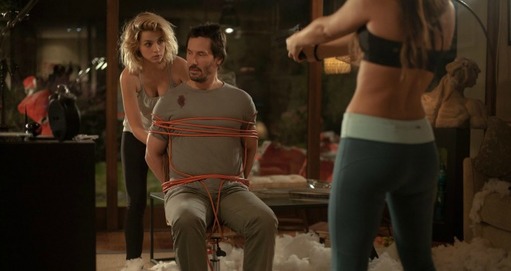 Let me just start off by saying I don't even know what Eli Roth is trying to be anymore. His latest feature, Knock Knock, tells the story of a devoted husband and father who is home alone for the weekend when his family goes on a mini-vacation. That night he receives a knock on the door, opening it to discover two stranded young women asking for help. What starts off as a simply a kind gesture quickly transforms into seduction but that's only the beginning, as these two young woman turn out to be far more psychotic, with sinister intentions in mind. Eli Roth's Knock Knock is a film that I find hard pressed to define as a horror film, as its tongue-and-cheek approach combined with Eli Roth's prepubescent humor make it feel much more like a comedy. The film seems intent on social satire, being at its core about a man being punished for his adulterous transgressions, but unfortunately Knock Knock is incredibly anti-climatic, too tame to be a thrilling horror experience and too childish to be taken seriously as a satire. What works? Well, Keanu Reeves is perfectly cast in this film, given his limited acting chops, and I'd be lying if I didn't say I found a decent amount of humor in watching him deliver lines and ham it up in this tongue-and-cheek effort. From a direction standpoint Roth continues to be hit-and-miss. The whole opening of the film feels amateur and manufactured, a pretty typical problem with Roth's films, as Knock Knock goes above and beyond to establish that this father characer is the perfect family man. In fact, I'd argue that none of the characters feel organic in the slightest, simply used to drive the story forward. When the mayhem begins, Roth routinely uses juxtaposition, highlighting the various family portraits throughout the household when Reeves' character is with these two young woman, but Roth, per usual, can't help himself but go overboard with it, making the somewhat intelligent directorial decision feel overbearing and forced. My sole biggest complaint with Knock Knock is simple - it lacks a truly awesome climax, being a film that is a big tease with no true payoff. 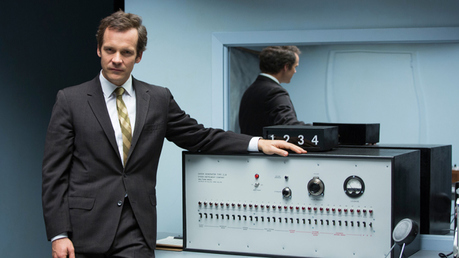 Having one of the most unique and interesting filmographies among contemporary American filmmakers, Michael Almereyda has always been a filmmaker I truly respected for his unwillingness to be categorized or contained. With his latest film, The Experimenter, Almereyda sets his sites on the famous social psychologist Stanley Milgram, a man who in the 1960s conducted a series of controversial behavioral experiments that attempted to examine human beings penchant for obedience. Michael Almereyda's Experimenter is a unique vision of what a biopic can and should be, being a film that is just as interested as understanding Milgram's obsession with authority and obedience as it is about the fascinating experiments that led him to fame. Following both Milgram's personal life and work life, Almereyda subtly paints a portrait of a character who is obsessed with understanding how civilized individuals can turn violent, as Milgram's Jewish dissent and sorrow associated with those monstrosities fuels his desire to understand how such violence and hate is possible. Institutionalized violence and how obedience is more common than individuality was what Milgram's research effectively proved, and I'd personally argue that all the personal attacks about his research stem more so from individuals unwillingness to accept the darker, sadder aspects of humanity than a true concern over the validity of his research. Humans need the illusion of independence and free choice, but what the film effectively captures is how we all, regardless of whether we like it or not, desire to fit in on some primal level. While the Experimenter's subject matter is beyond compelling, what makes the film stand out is Almereyda's unique treatment, using a great script and unique structure to tell a biopic that is for once interesting. From what I can only imagine was a shoe-string budget, Almereyda injects the film with a lot of energy, with playful use of green screens to illustrate sequences from the past, to routinely breaking the fourth wall ss Milgram himself narrarates the film to the audience, Almereyda has created a unique, playful, and engaging biopic that stands above most of the mundane, by-the-numbers biopics that are produced these days. Perhaps the film's greatest accomplishment is the fact that it made me want to invest more time in social psychology, with Almereyda delivering a unique, thought-provoking biopic that challenges the viewer to question themselves and humanity as a whole. 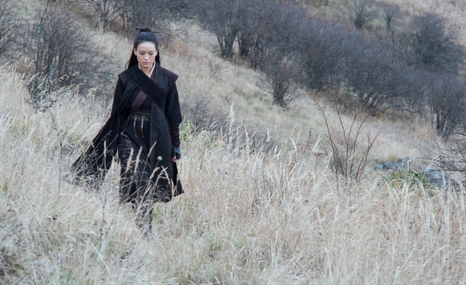 Regardless of how many of films I've already seen by Hsiao-hsien Hou, his direction always seems to astonish me, as I can't think of a director who uses silence and stillness to such great effect. The Assassin may sound like a departure for the proclaimed filmmaker, being a Martial Arts film set during the Tang Dynasty-period in Chinese history which finds Yinniang, a deadly assassin, return to her family after being away for several years, essentially being forced to choose between those she once loved and her master's wishes of assassinating the man she once loved. Featuring a tepid pacing that is sure to frustrate most mainstream viewers, Hsiao-hsien Hou's The Assassin is a idiosyncratic vision of the martial arts genre that juxtaposes the quiet, stillness of carefully crafted human drama with kinetic action sequences that are full of thrills when they do present themselves. The film itself is absolutely stunning, and even for those who can't get past the tepid pacing, it's impossible to deny the stunning production design and visual compositions that bring this story of the Yang dynasty to life. The film is so beautiful it could be used as a persuasive tourism video for the Chinese countryside, and while i'd argue the film's storyline is unnecessarily convoluted, it hardly matters, as Hou's juxtaposition of the calmness of nature with the violence of man is simply put one of the film's best attributes, which perfectly expresses his thematic intentions. For me, The Assassin, at its core, is a film about the importance for empathy and compassion, with Hou using this ghost like character of Yinniang to capture the true strength that lies in forgiveness and mercy instead of violence/revenge. Hou's camera throughout The Assassin feels almost like a ghost itself, using a healthy dose of obstructed compositions, almost as if the camera itself is lurking in the shadows at times, much like our main protagonist. Hou also makes some interesting choices in the fight sequences throughout The Assassin, not being afraid to use wide shots that let the action breath, while also using lots of close-ups and static compositions that capture the swift and deadly nature of our main protagonist. Hsiao-hsien Hou's The Assassin almost feels more like a dream than a narrative, being a absolutely stunning piece of filmmaking where no single scene stands out, and I mean that as a compliment, as Hou has created a singular, astonishing vision. 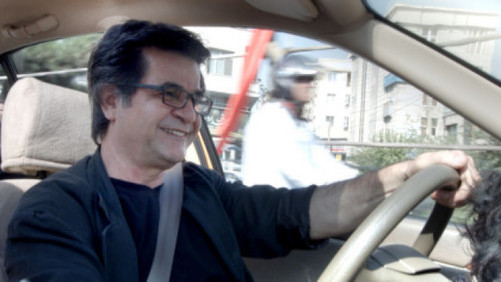 Everyone's favorite oppressed Iranian filmmaker is back as his latest film, Taxi, finds Jafar Panahi posing as a taxi driver in Tehran. Offering up a slice-of-life type tone in the early going, much of Taxi is a film that simply documents a series of everyday characters in Tehran as they hire Jafar for his driving services. Sharp, charming, and observant, Jafar Panahi's Taxi feels like a great example of the purest form of objective cinema that documentary filmmaking can provide, beautifully capturing a city, country, culture, and way of life through the use of a few simple stationary cameras mounted throughout his Taxi. Jafar Panahi is a very charming guy, and while most of the film finds him essentially smiling as he gives the middle finger to censorship in his home country, one of the film's most intriguing attributes is the aura of poverty, censorship, and oppression that is felt through the various characters he encounters. There is a such an overwhelming sense of calm throughout Taxi's running time but don't mistake Panahi's calm demeanor as passivity, as there is so much rage bubbling beneath the surface. Through these various conversations Panahi paints a portrait of a country living in a constant state of oppression and censorship, with my favorite passenger being his adorable niece, a sharp, firecracker of a young lady whose personality almost comes off as jarring, due to the country which she lives in. Through Jafar's interaction with his niece, the film captures the importance of artistic expression being completely from a personal point-of-view. Documentary film-making in particular should be about reflecting reality, something which simply cannot occur under the oppressive regime in Iran, which is beautifully illustrated in a charming scene where his niece reads off the vast amount of "rules" to filmmaking supplied by her teacher, all of which stem from the desire to censor voices of dissent. Featuring a final sequence that viscerally captures the world which filmmaker Jafar Panahi occupies, perhaps Taxi's greatest attribute is simply the reflective nature of this powerful piece of documentary filmmaking, one that reminds the viewer that audience is Jafar's salvation, as viewers of his films make his voice relevant in a regime that tries so desperately to suppress it. 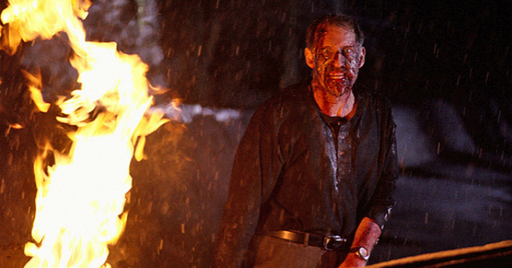 The filmmakers behind The Mind's Eye know what they are doing. This isn't a film that is made with the hope of sparking analyzation or debate about artistic intention, rather The Mind's Eye is made to simply fuel old-school horror fans with a fast-paced, no-nonsense action/horror experience. Intentional or not, The Mind's Eye reminded me a lot of Cronenberg's underrated 'The Fury', being a story about psychokinetic humans who are being extorted by the government. The story follows Zack Conners, a drifter, who is quietly minding his business. Picked up by the authorities in a small Northeast town, Zack is introduced to Dr. Michael Slovak, the leading scientist when it comes to telekinesis, who promises to help Zack find some semblance of peace and control over his gift. As one would expect, Dr. Slovak's hidden agenda is far more diabolical, as he is forcefully admitting those with telekinesis to his institute in the hope of harvesting a synthetic. From its bombastic synth score to its outrageous amount of violence, fans of 80s horror should have no trouble enjoying the hell out of The Mind's Eye. This is a film that wears its intentions solely on its sleeve, capable of achieving a lot of momentum as the story progresses and never lets up. While violent and dark at times, the filmmakers of The Mind's Eye know their audience, never forgetting that the number one objective of a film like this is to leave the audience smiling. One scene in particular blew me away in this regard, where the filmmakers juxtapose a sex scene between our two main protagonists with a sequence that finds Dr. Slovak getting an injection that will increase his telekinesis. Playfully hinting at the similarities between a needle injection and sex, the filmmakers create a hilarious sequence that essentially juxtaposes the "O" faces of our main protagonists with the 'O" face of the power-hungry doctor. Its a weird sequence to try to explain in writing, but trust me it's incredible. I point to this scene because it's a perfect example of filmmakers that don't take their silly horror movie too seriously, with Joe Begos and company understanding that making a 'Fun" film is the #1 priority. Sure, you can be that asshole which nitpicks the somewhat spotty performances in this low-budget horror film, but for those viewers who simply want a fun, fast-paced film with top-notch old-school gore and make-up effects, The Mind's Eye is sure to please. 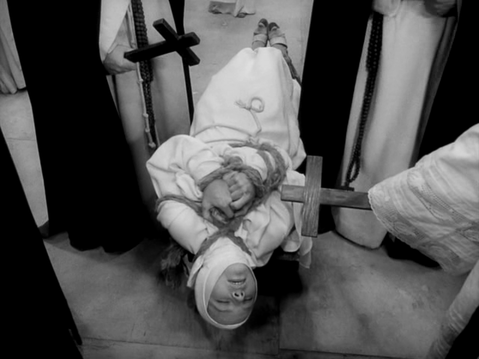 Taking place in 17th century Poland at a remote convent in the countryside, Jerzy Kawalerowicz's Mother Joan of the Angels tells the story of a group of nuns that along with their mother superior, Joanna, are believed to be possessed by demons. While four priests have already attempted to banish the evil spirits unsuccessfully, with two being burned at the stake themselves for impregnating the mother superior, the arrival of Suryn, an extremely devout priest, offers new hope for the small community who simply wants to be freed from these demonic forces. When Suryn's typical measures of prayer and mortification have little to no effect, he becomes riddled with anxiety, while simultaneously feeling the pull of desire for the mother superior that threatens to shatter his entire worldview. Jerzy Kawalerowicz's Mother Joan of Angels is a powerful, albeit challenging film that sets its sights on the fallacies of religion, examining the fear and repression associated with religion while simultaneously using it to explore both philosophical and theological issues as it pertains to the human psyche and existence. A film I would classify as a slow burn, Kawalerowicz takes his time building the tension of his story early on, building up the facade of demonic possession and danger, as he uses the chatter and speculation of the local townsfolk to create a sense of dread. There is a lot to interpret and while I'm sure I didn't grasp everything Kawalerowicz was trying to say on a first viewing, the film's deconstruction of human nature is fascinating, as it argues that man's creation of religion is essentially a bi-product of our need to equate evil and wrongdoing with some otherworldly force when in reality humanity itself is capable of much darkness. Sexual repression certainly feels like an aspect of the film as well, but another thing that stood out to me about Mother Joan of Angels is how it captures the suffrage of woman. Intentional or not, woman throughout this film are very much treated as second-class members of society, almost as if the film is arguing that it's the fate of women to suffer under the harsh, possessive nature of male-dominated society. While this concept might be stretch to a lot of viewers, there are aspects of this that stand out, like the Nun who falls in love with the Merchant only to be discarded at the drop of a dime, to Joanna being viewed as a demonic presence due to the sexual attraction felt by nearly every priest who has tried to exorcise her "demon". Technically speaking, Mother Joan of Angels features stunning black and white photography which fits the film perfectly, as Kawalerowicz routinely contrasts the white and black imagery as a symbolic representation of darkness and light, often juxtaposing these high contrast black-and-white colors to offer insights into the true nature of what is going on around us. The camera work itself is very impressive, with Kawalerowicz showing an ability to pick his moments to great effect, using extreme closeups at precisely the right moments, which evoke a true sense of dread, despair, terror, or panic. The camera movements themselves, used to especially great effect during the possession sequences, evoke a great sense of chaos that is felt by the viewer. On that note I'd be re-missed if I didn't specifically mention the phenomenal performance by Lucyna Winnicka, as Joanna, whose unhinged mannerisms and stoic eyes evoke a true sense of terror, like one is simply staring into the abyss. Artistically crafted with high contrast black and white imagery and a beautiful understanding of expressive camera movements, Jerzy Kawalerowicz' Mother Joan of Angels uses symbolism and beautiful imagery to deliver a hearty and complex examination of humanity. 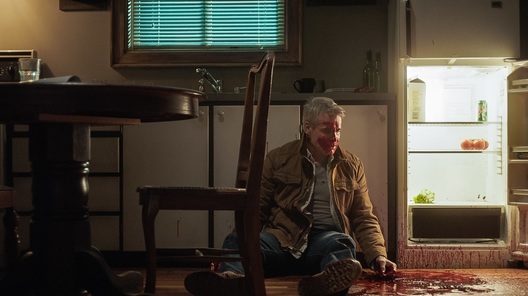 Jason Krawczyk's He Never Died is a strange yet confident piece of genre filmmaking which tells the story of Jack, a human-flesh eating vampire of sorts, who keeps himself under lock-and-key, showing little interest in sharing any type of bond or relationship with anyone. Attempting to "stay sober" from his urge to consume human flesh, Jack finds his stagnant, hermit-like lifestyle shattered when his estranged daughter is kidnapped by a criminal element, forcing Jack into action as he attempts to get her back by means of eating as few people as possible. Jason Krawczyk's He Never Died is a effective genre masher that blends violent antics that see Henry Rollins wrecking people's day with a assured sense of dry humor which makes He Never Died feel just as much, if not more, a comedy than a horror film. While Henry Rollins is typically known for his bombastic type of performances, He Never Died shows him in a much more subdued light, a borderline manic-depressant character who shows little interest in the lives of everyone around him, even those who are essentially trying to stab, shoot, or otherwise harm him. Even though the film is told almost exclusively through the point-of-view of this strange and oddly compelling main protagonist, He Never Died provides very little insight into the mystery of this character for much of its running time. This approach is sure to turn off some viewers who simply want answers, but for those willing to go along for the ride, He Never Died is a unique spin on vampire mysticism that uses Jack' depression due to his seemingly invincibility and thirst for flesh to evoke a thematic statement about personal responsibility. While Jack has little interest in being a father or a friend to anyone, his daughter's kidnapping forces him to take responsibility for something he has created, and as the narrative unfolds the viewer slowly comes to understand the weight which this character has experienced, being a man who seems destined to walk the earth forever. While I'd argue that the overall storyline involving Jack's daughter being kidnapped is just serviceable, He Never Died is a film that is hard not to enjoy regardless, due primarily to its dry humor and fun, stoic performance by Henry Rollins. A film that does a fantastic job of managing its comedy and extreme violence, He Never Died is a unique and enjoyable genre bender that is hard not to at least appreciate due to seeing Henry Rollins step out of his typical comfort zone. 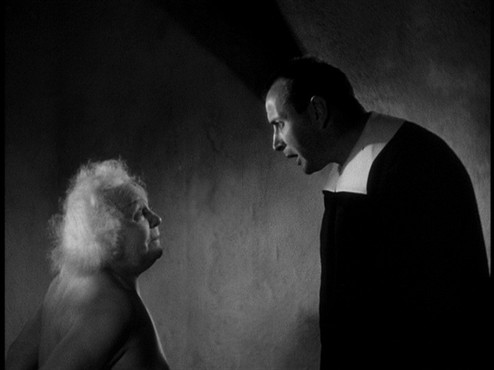 Set in 1600s Denmark, Carl Theodore Dreyer's Day of Wrath is a bleak, brooding tale of adultery, deception, and religious oppression which uses seventeenth-century witch hunts as the backdrop to deliver a powerful psychological thriller. The story itself is centered around Anne Pedersdotter, the significantly younger wife of a Danish pastor, who has grown tired of her husband's devout ways that see him never indulge in the finer things in life. Loathing his asceticism, Anne begins to fall in love with her husband's son, Martin, as the two spend an inordinate amount of time together. Featuring beautiful use of cinematography and mise-en-scene, Carl Theodore Dreyer's Day of Wrath is a film that captures the extreme amount of loss and death that exists in a system built around guilt and repentance. Many of these characters are weak souls, terrified of their own mistakes and flaws, and through this brooding psychological study Dreyer manages to captures how religion often becomes a device for hate, capturing how the paralyzing fear of stepping out of line creates a sense of oppression, which more so than not ends in either physical or psychological tragedy. For me, Day of Wrath captures the oppressive nature of religion in such a clean and fascinating way, using the character of Anne, a beautiful woman, who herself becomes convinced she may in fact be a witch by the end. Anne is a character who begins to truly believe that she is in fact a witch who has put a "spell" on both the Danish Pastor and his son due to her beauty, effectively destroying her own identity under the weight of such bigoted oppression. From a more technical perspective, the use of juxtaposition in Day of Wrath stood out, in particular the scene where Carl Dreyer juxtaposes Anne & Martin's young romance with the Danish Pastor's sorrow. While the two young lovebirds share a beautiful frolic in the sun-drenched fields, the Danish Pastor sits in absolute darkness, haunted by the death of Anne's mother at the stake, something which he feels much guilt about. The contrast of love with misery is phenomenal but what makes the whole sequence stand out in the end is how Day of Wrath slowly and methodically finds all these characters end in a similar state of darkness and misery. Featuring a brooding atmosphere and great use of juxtaposition and mise-en-scene, Carl Dreyer's Day of Wrath is a haunting psychological study about the oppressive nature of religion, revealing the power of guilt among those weak-minded individuals who rely on others to define what is truly fair and just. |
AuthorLove of all things cinema brought me here. Archives
June 2023
|
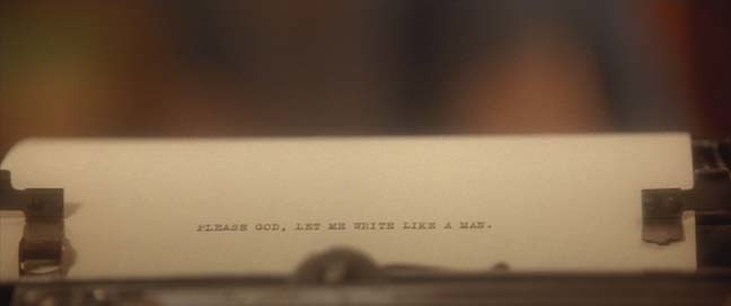
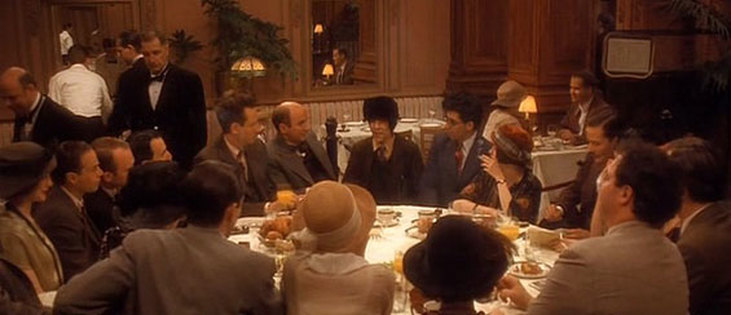
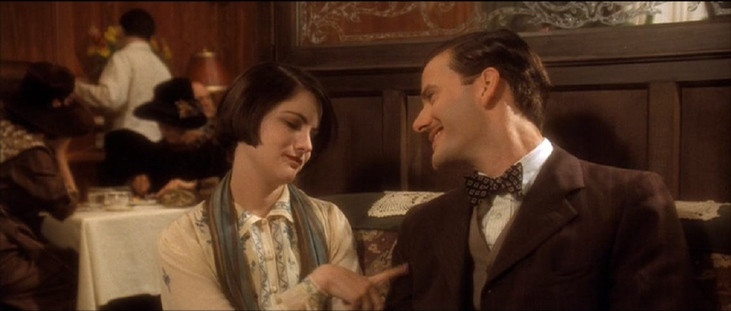
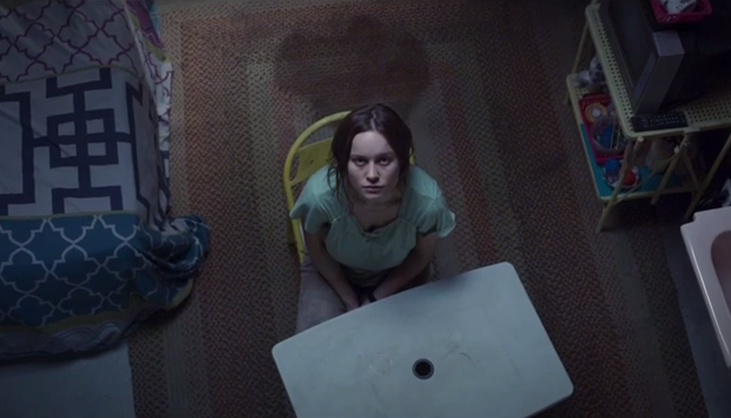
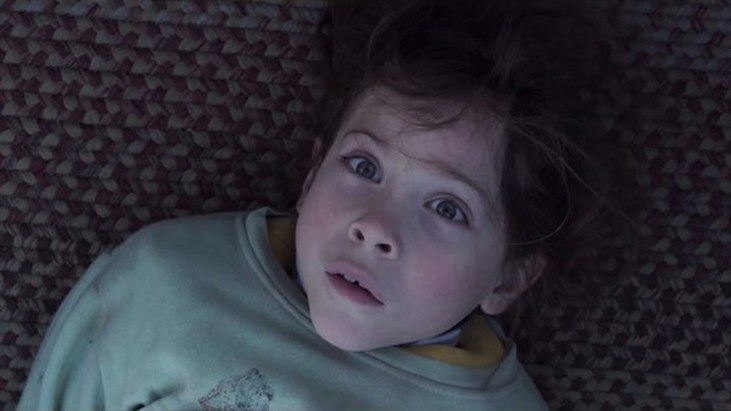
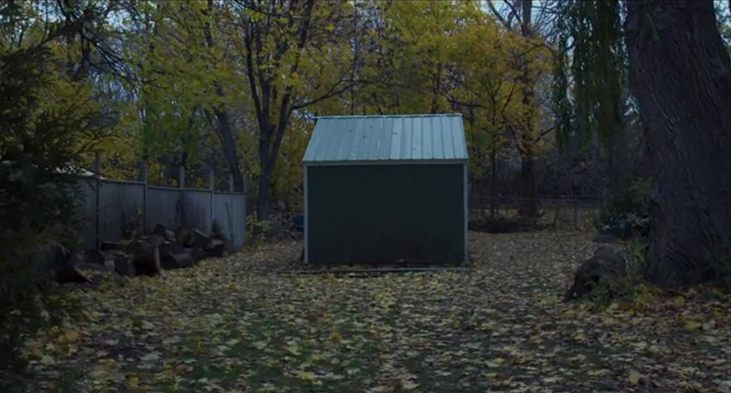
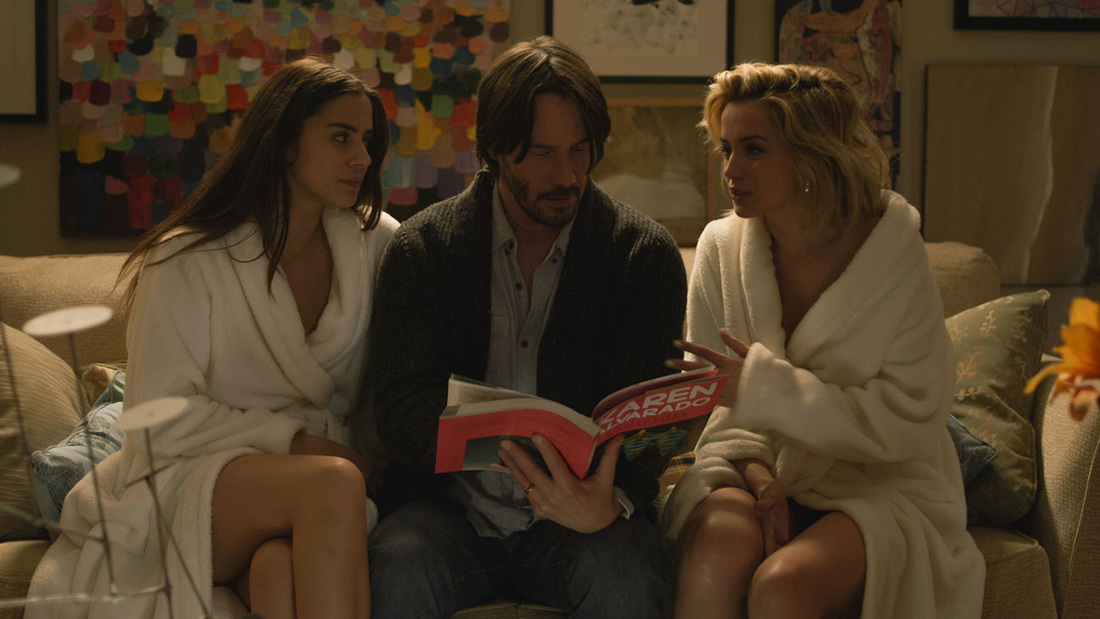
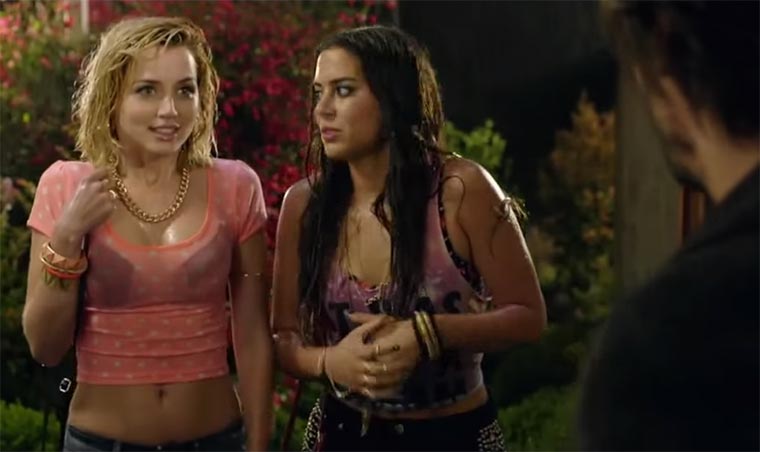

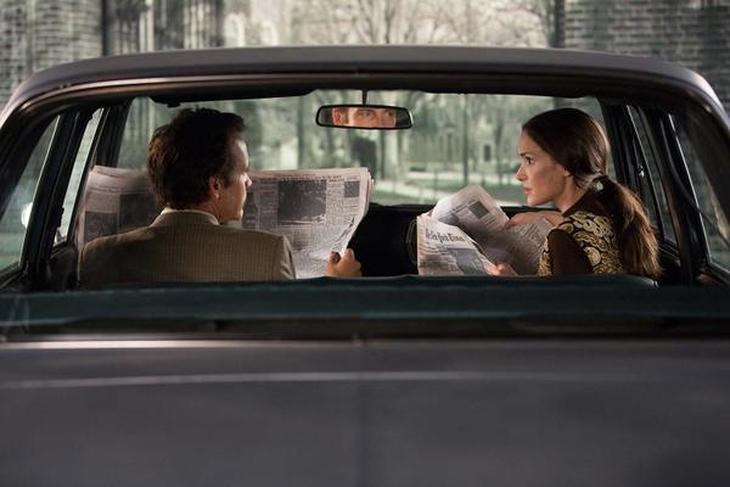
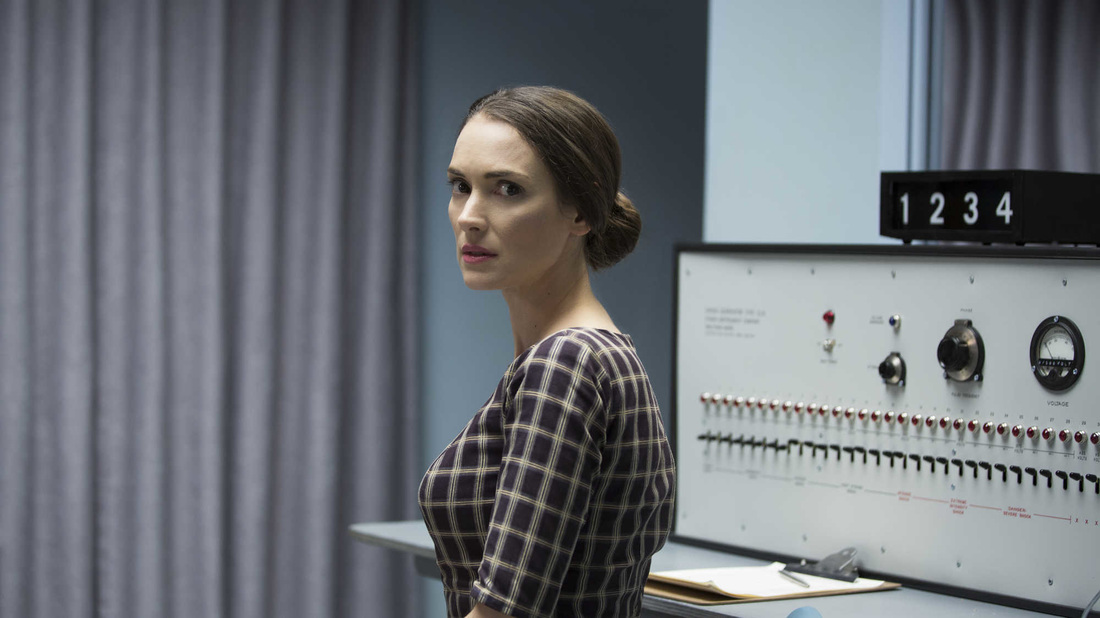
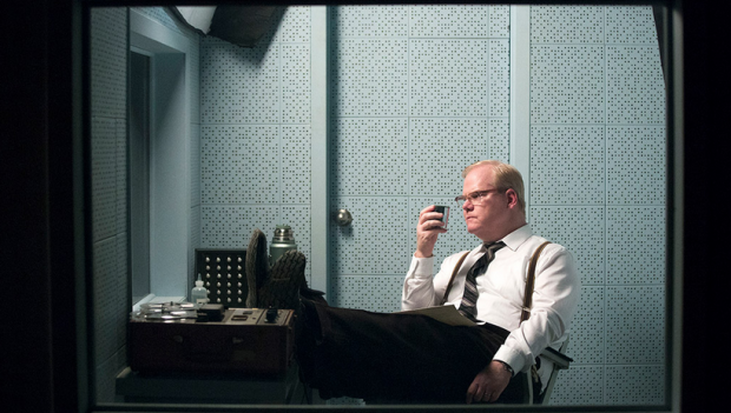
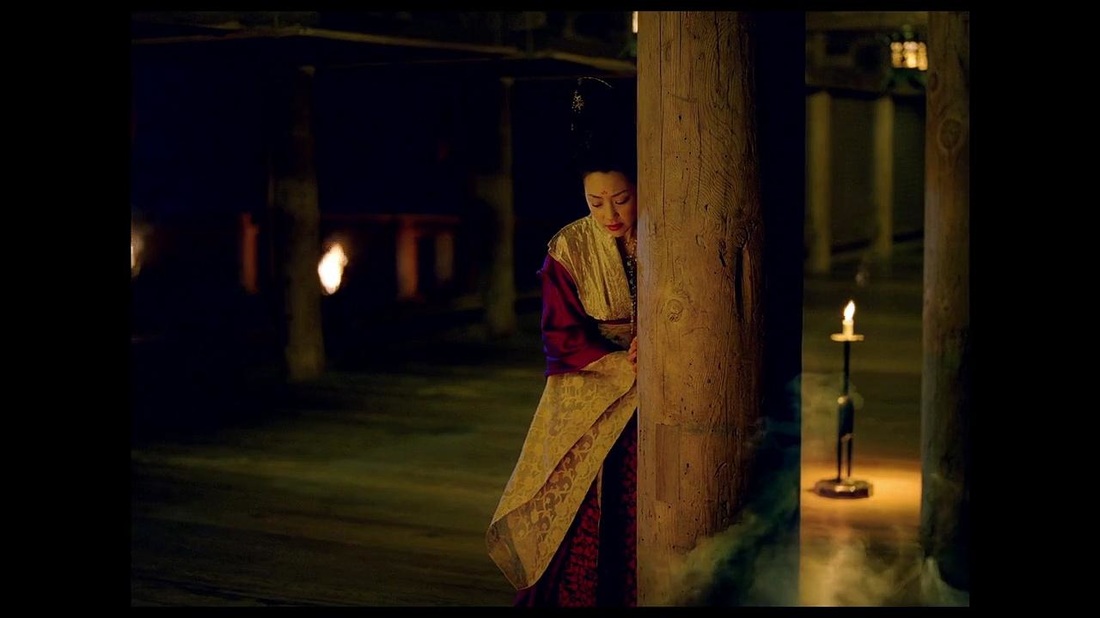
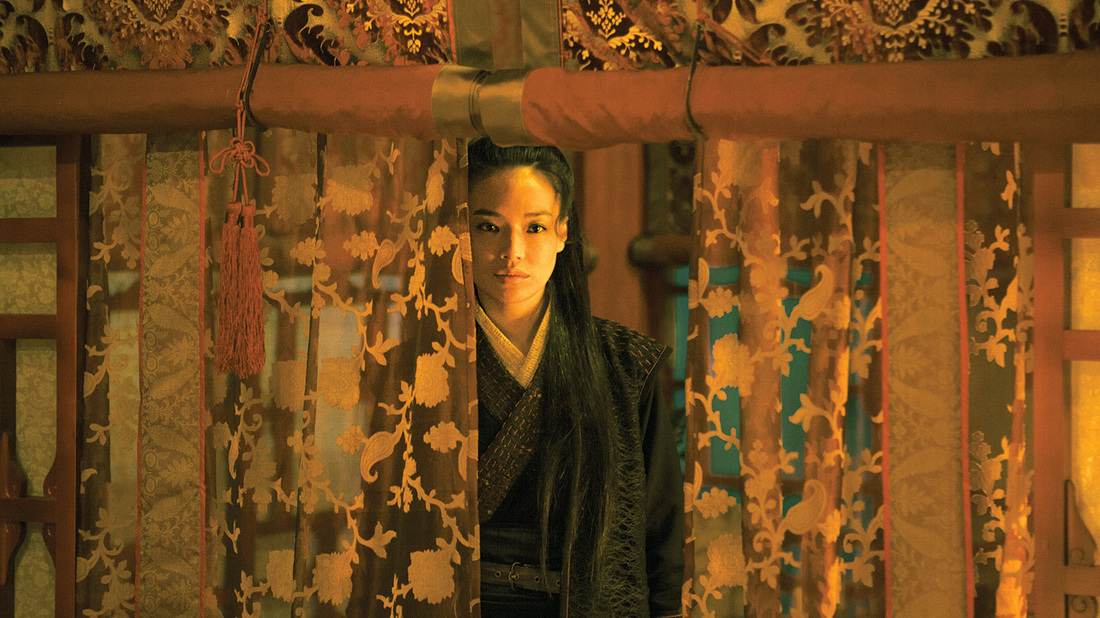
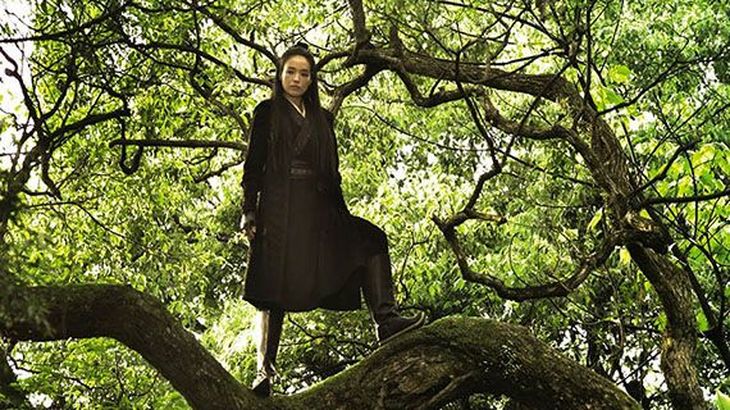
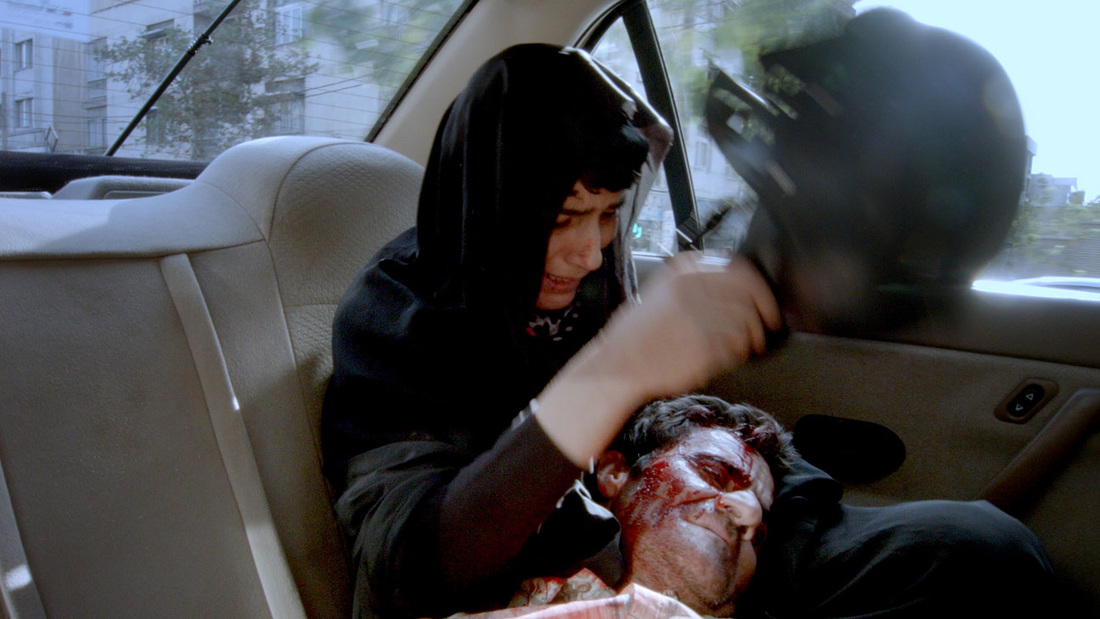
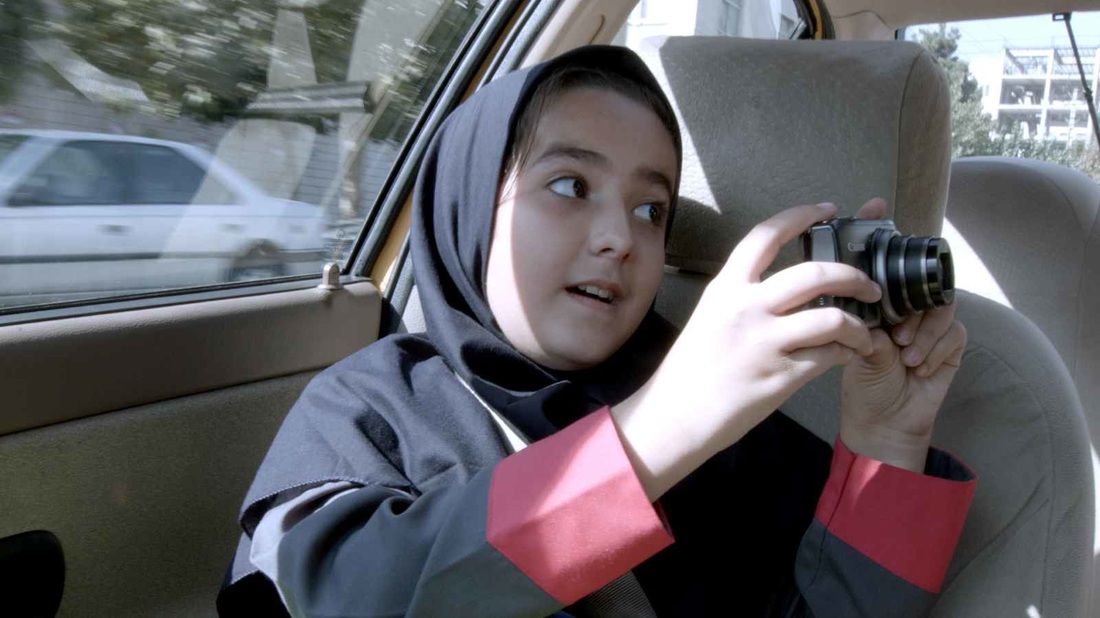
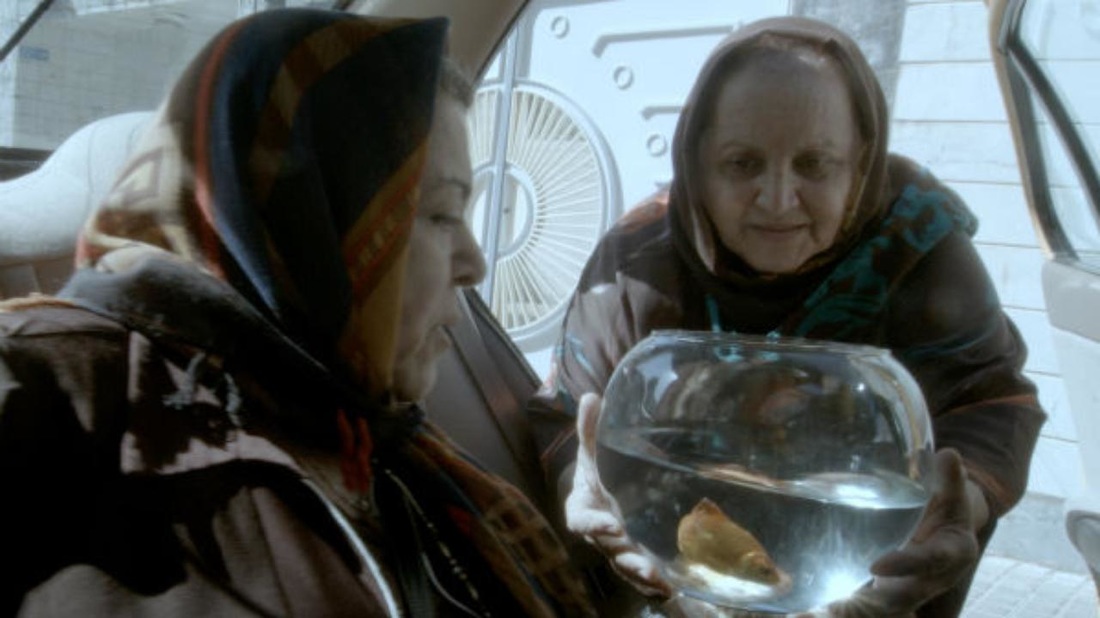
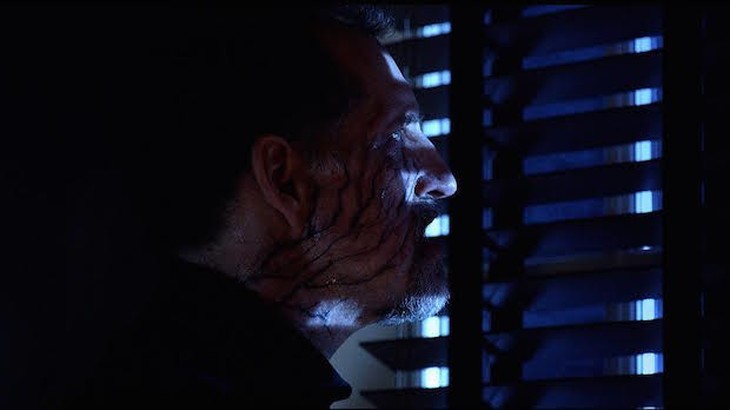
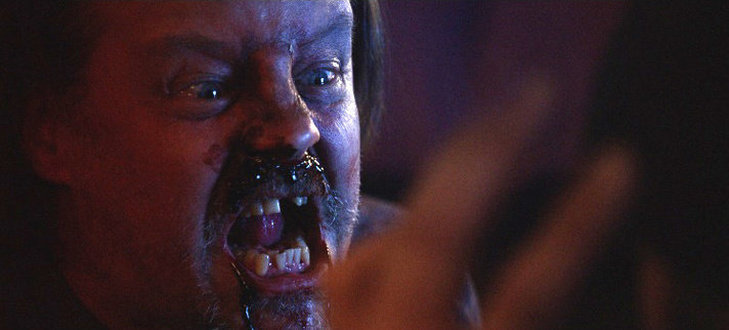
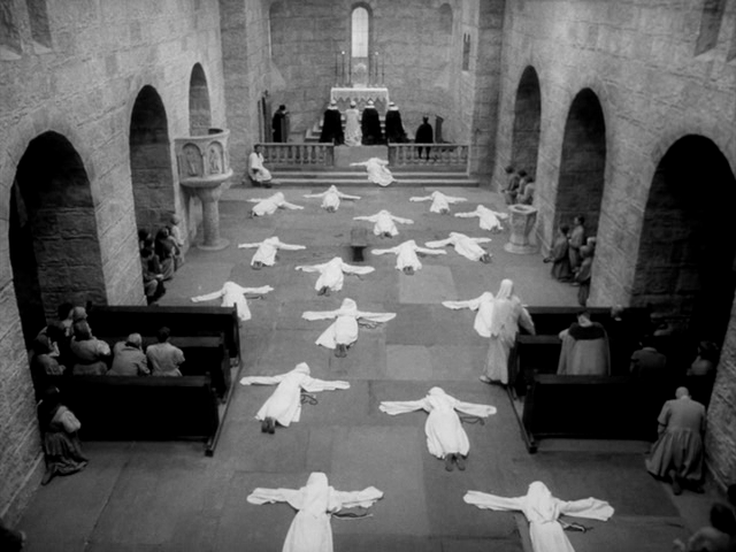
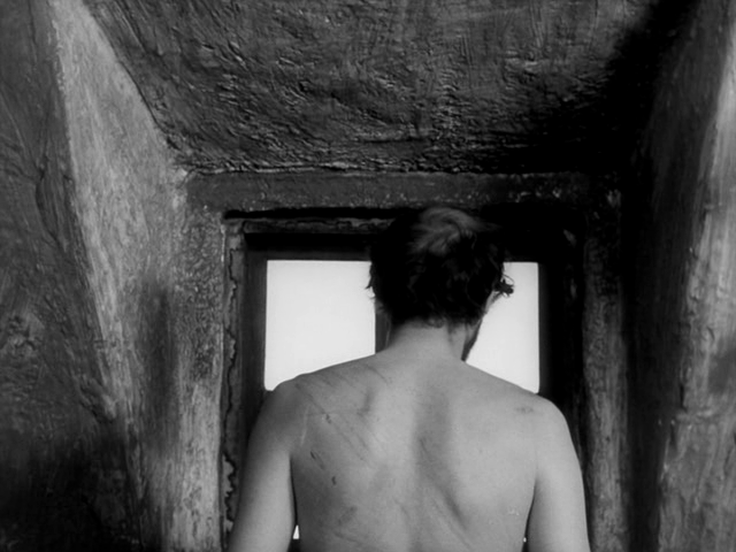
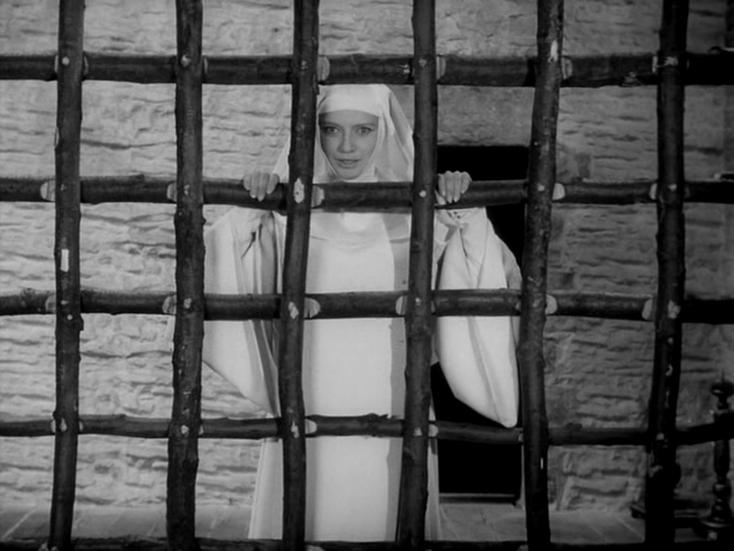
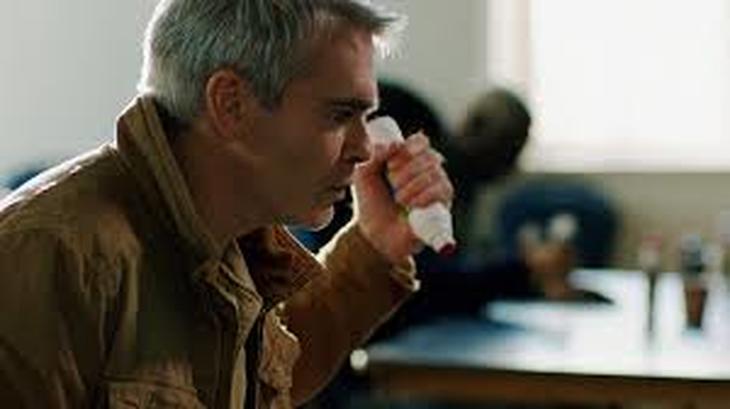
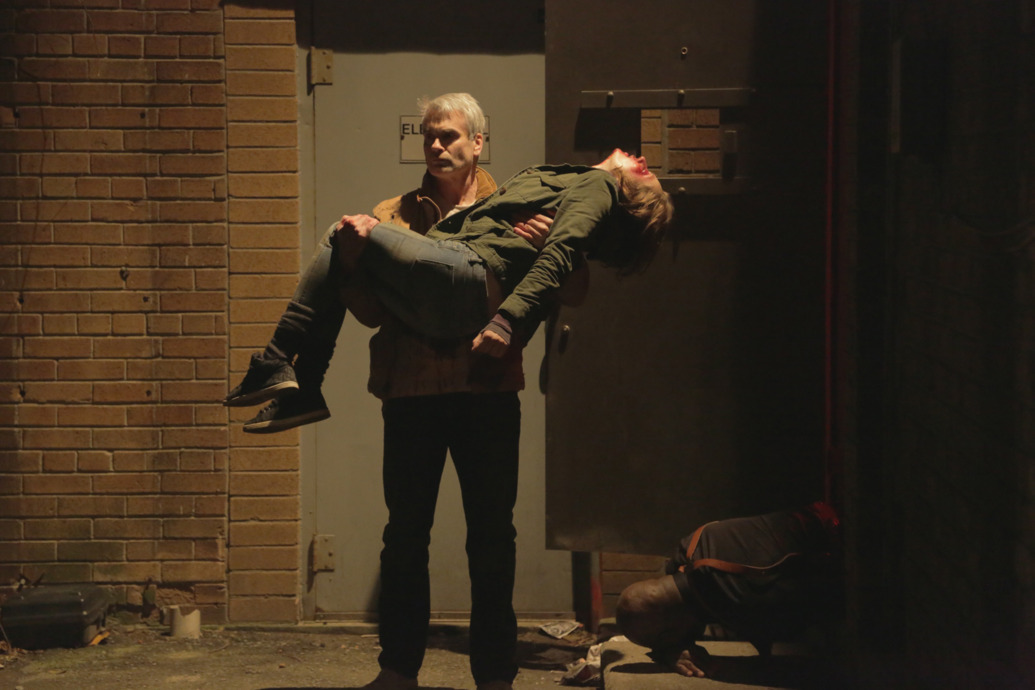
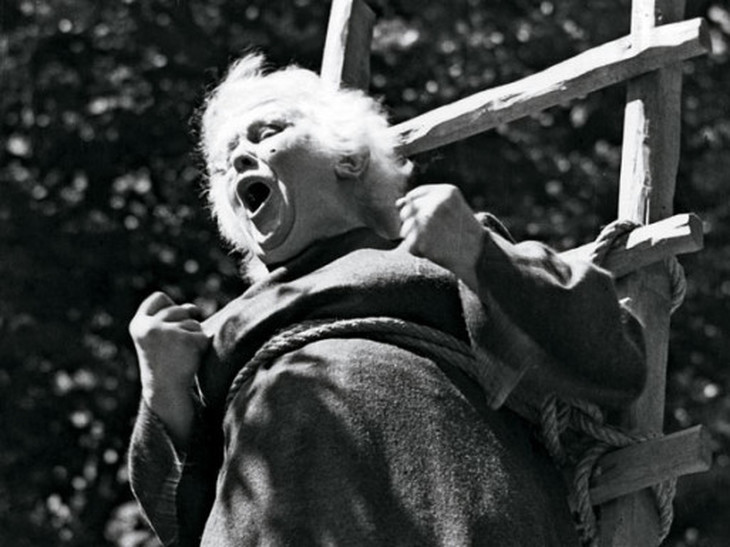
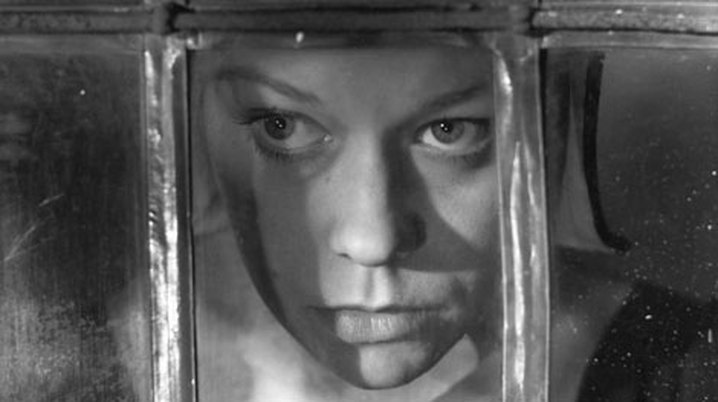
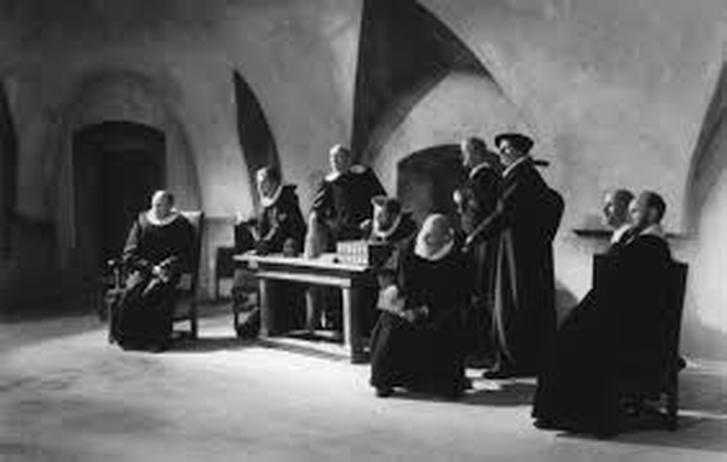
 RSS Feed
RSS Feed
